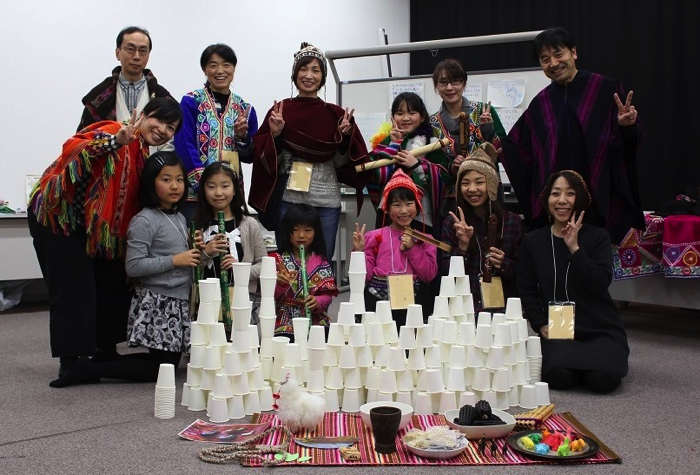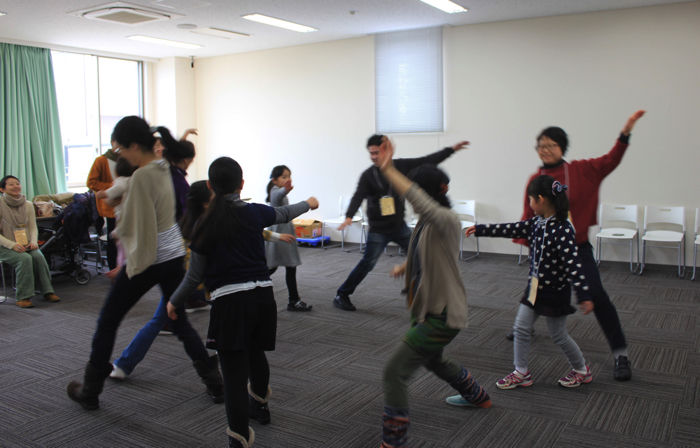- Project Leader : Iizuka Noriko(Kyoto University, Center for Southeast Asian Studies)
- Collaborators : Oishi Takanori (Tokyo University of Foreign Studies, African Studies Center)
- : Shimamura Ippei (The University of Shiga Prefecture, School of Human Cultures)
- : Yamaguchi Mikako (Gifu University, Faculty of Regional Studies)
- : Seki Yuji (National Museum of Ethnology, Research Department)
- : Nagaoka Shinsuke (Kyoto University, Graduate School of Asian and African Area Studies)
- : Sakamoto Ryota (Kyoto University, Center for Southeast Asian Studies)
- : Kobayashi Mai (Research Institute for Human and Nature, Research Department)
- : Liulan Wang (Doshisha University, Faculty of Global and Regional Studies)
- : Kawanabe Kano (Manalabo)
Outline of Research
This study will explore the potential of Performance Ethnography (PE) in the field of Area Studies, particularly in its ability to facilitate the representation of research results. Performance Ethnography (PE) has been discussed as a useful method for expressing and transmitting somatic and intuitive experience that fieldworkers obtain during field research. Regarding the potential of PE, we have organized public workshops to convey the cultural experiences of professional researchers to general citizens and children in Japan since five years ago. These include Mongolian people’s lives in a dry climate, Cameroon forest people’s sense of human-nature relations, and so on. Based on the this experience, this study will not only clarify the nature of PE, but also explore the suitable usage of PE through activities: (1) collaborative fieldwork of members, (2) creation and trial of original PE programs for publicizing research achievements, and (3) dialogue with various persons in the workshops.
Description
The loss of biodiversity and cultural diversity are simultaneously proceeding with the deterioration of the environment and ecological and traditional knowledge of people in the world. The reasons of the loss shall be economical, religious and social, and we have to say school education is one of the reasons of those losses. The local people encountering the influences of “globalization” have to cope with it; that situation has the same structure in the educational scene. We have to explore how we share the meaning and value of local lives in the global context.
This study will explore the methodology to represent the local lives not only by writing but like tracing, or performing the lives. In that way, children and citizens will not only receive the meaning of local lives given by some researchers but be able to implicate it by themselves. This process can be the social experiment that create the methodology in the class room comprehending and implicating the local lives into the global context. PE with narratives and nonlinguistic behavior or objects will construct the procedure.
Objectives of this study are to verify the potential of PE, asking people directly the efficacy of it, and clarify the peculiarity of this methodology. The study widens the accessibility of research results to broader audiences, with an expectation of cultivating a new social value for Area Studies.
 Participants learn how people build temple in ancient times by simulation in Andes workshop. |
 Participants learn how Tlingit indigenous people liken themselves to animals. |
